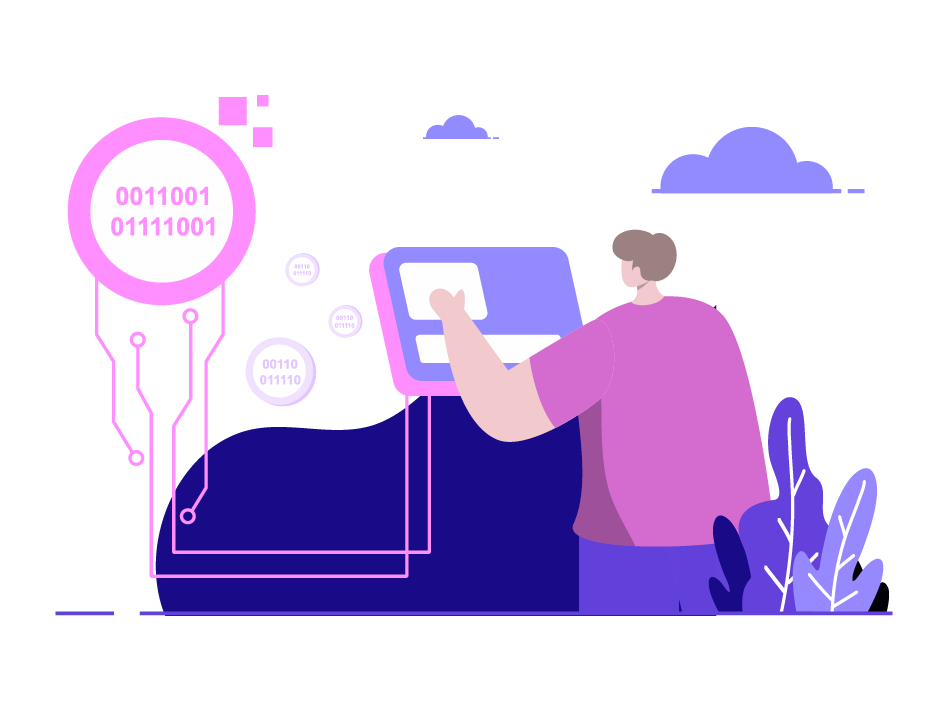Imagine owning a fraction of a luxury apartment in Tokyo, a rare painting, or a solar energy project in Africa—all without ever setting foot there. This isn’t a futuristic fantasy—it’s the real-world promise of tokenization, and it’s reshaping how we think about ownership, investment, and opportunity in the digital age.
At KeyConnects, we believe tokenization is one of the most exciting bridges between traditional and decentralized finance. But what does it really mean—and why should it matter to you?
What Is Tokenization?
Tokenization is the process of converting ownership rights in a real-world asset into a digital token on a blockchain. These tokens can represent anything of value—property, art, commodities, intellectual property, even shares in a company.
Each token is:
- Verifiable: Securely recorded on a blockchain, ensuring authenticity.
- Divisible: Assets can be split into fractional tokens, making high-value investments more accessible.
- Transferable: Tokens can be bought, sold, or traded easily and transparently.
In essence, tokenization takes the physical world and turns it into programmable value.
Real-World Use Cases
Tokenization isn’t just a concept—it’s already driving real innovation across industries:
- Real Estate: Investors can buy portions of properties, improving liquidity in a traditionally slow-moving market.
- Art & Collectibles: Rare items can be fractionalized and owned by many, expanding access to exclusive markets.
- Supply Chains: Goods can be tracked with tokenized metadata, providing transparency from origin to delivery.
- Financial Instruments: Bonds, private equity, and structured products can be tokenized for easier issuance, lower costs, and enhanced secondary market access.
Why Tokenization Matters
Traditional financial systems are often fragmented, slow, and exclusionary. Tokenization helps solve these problems by introducing:
- Global Access: Anyone with an internet connection can potentially invest in tokenized assets.
- Increased Liquidity: Markets become more dynamic when assets can be traded 24/7.
- Cost Efficiency: Smart contracts reduce the need for intermediaries, lowering transaction costs.
- Trustless Infrastructure: Blockchain ensures transparency and trust—without needing to rely on centralized authorities.
This is more than a technical upgrade—it’s a paradigm shift in how we interact with value.
Tokenization + Identity: Unlocking Full Potential
At KeyConnects, we go one step further. We believe the future of tokenization depends on trusted digital identities and verifiable credentials. That’s where our platform shines.
With decentralized identity (DID) and verifiable credentials (VCs), we enable:
- Secure onboarding for asset issuers and investors.
- Regulatory compliance across jurisdictions (KYC/AML).
- Custom access control for different asset types and user roles.
This trusted identity layer empowers seamless integration of tokenized assets into both enterprise and consumer ecosystems.
What’s Next?
Tokenization is still in its early stages—but the momentum is undeniable. As regulations mature and platforms like KeyConnects build the infrastructure, we’ll see more assets, industries, and users join this digital revolution.
Whether you’re a forward-thinking enterprise, an innovator in finance, or just Web3-curious, tokenization represents an unprecedented opportunity to participate in the ownership economy.
Welcome to the future of value.
👇 Want to explore how KeyPear can help you tokenize your assets or integrate secure identity solutions?
Contact us or book a discovery session with our team.

